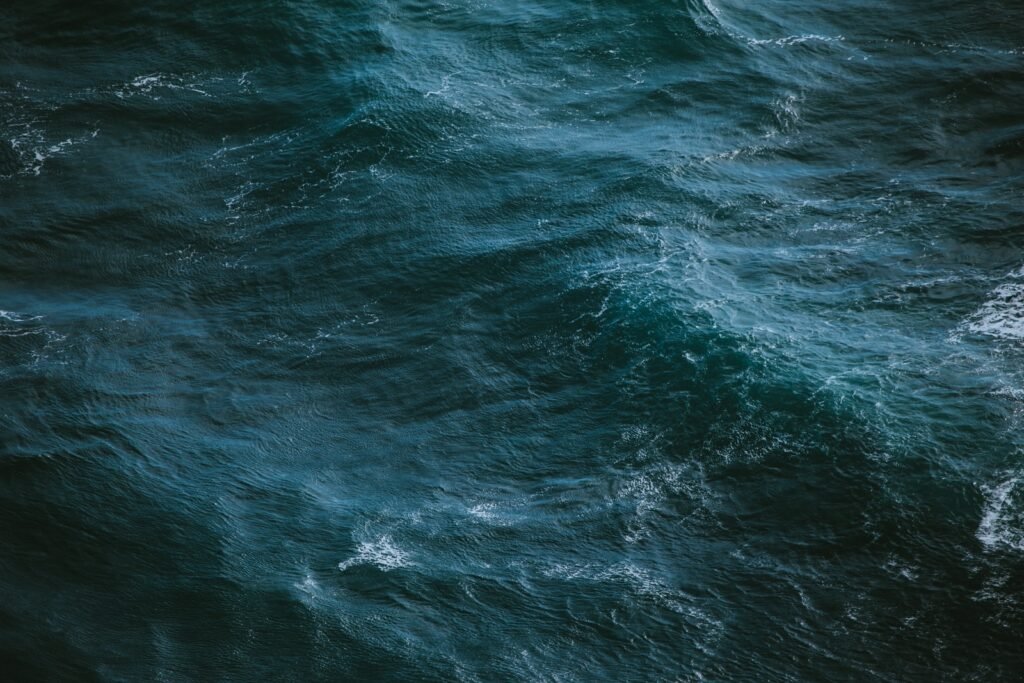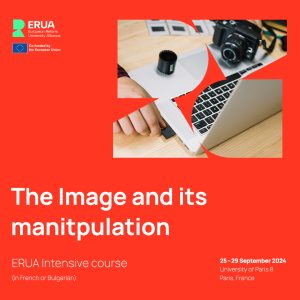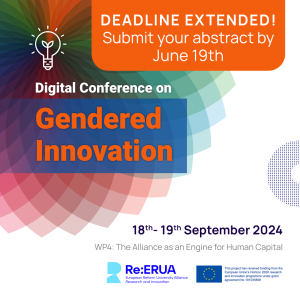Organizational unit: Department of Biology
Course type: Online course
This is a multidisciplinary course, which does not require a prerequisite knowledge about the aquatic environment. This course reviews interaction between humans and aquatic resources. We focus on the types of aquatic ecosystem services to humankind and the anthropogenic effects brought by humans on these environments.
Into more detail, the lecture will discuss about freshwater ecosystems, some part of marine ecosystem, nature and manmade ecosystem, valuable aquatic organism, fisheries, aquaculture, eutrophication, aquatic pollution and human efforts to restore ecosystem function or health. Virtual exchange become a part of the course where student will work on project in an international group. The project is about identifying an aquatic resources problem related to human activity and how to solve it considering the human habit or culture. The case should be from one of participant`s country in the group.
Form of examination: Written exam
Course coordinators: Ms Pelita Octorina
To receive the credits for this course, you are required to pass an exam at the end of the course. A written exam may be taken at your home university, if your departmental coordinator or a responsible representative of your department agrees to supervise you during the exam and send your exam papers directly to Ms Octorina.
Duration: 02, 09, 23, 30 June / 07, 14, 21, 28 July





